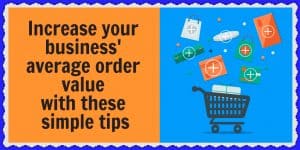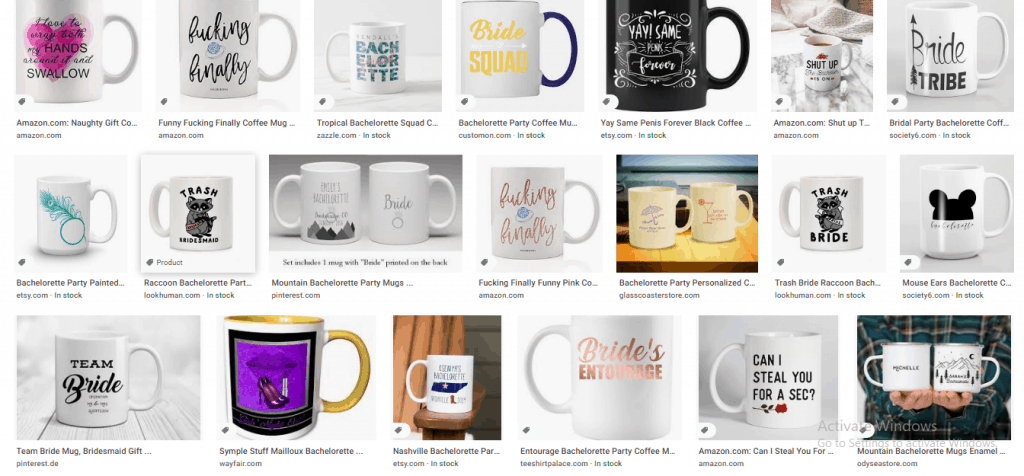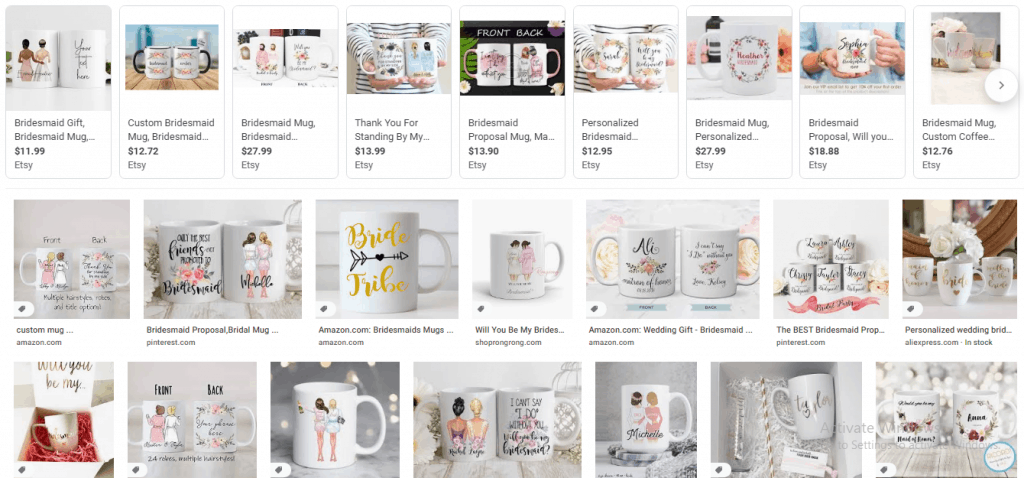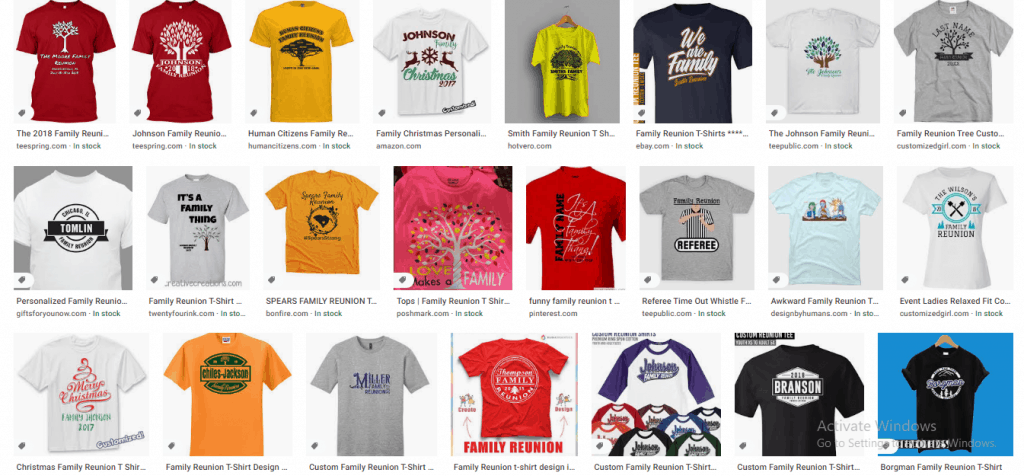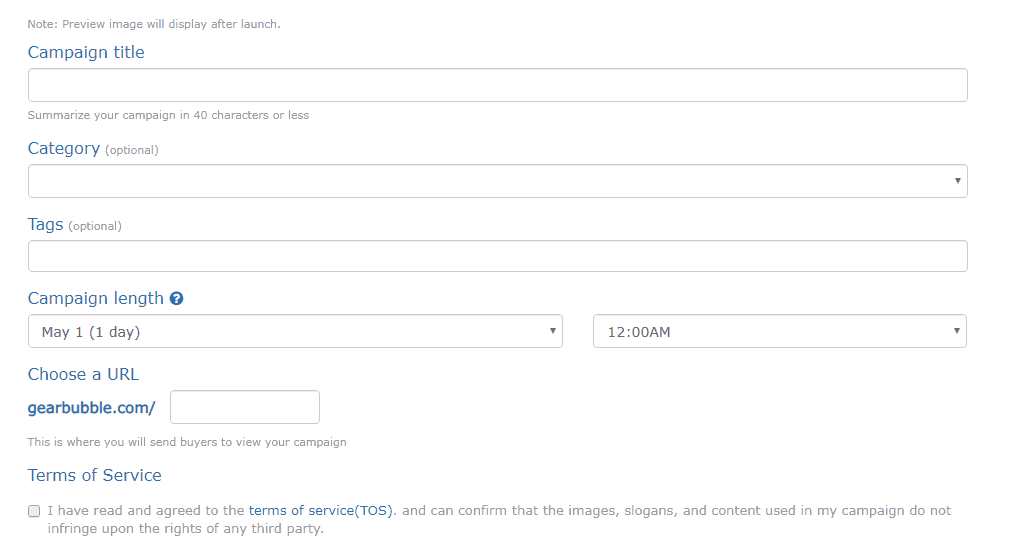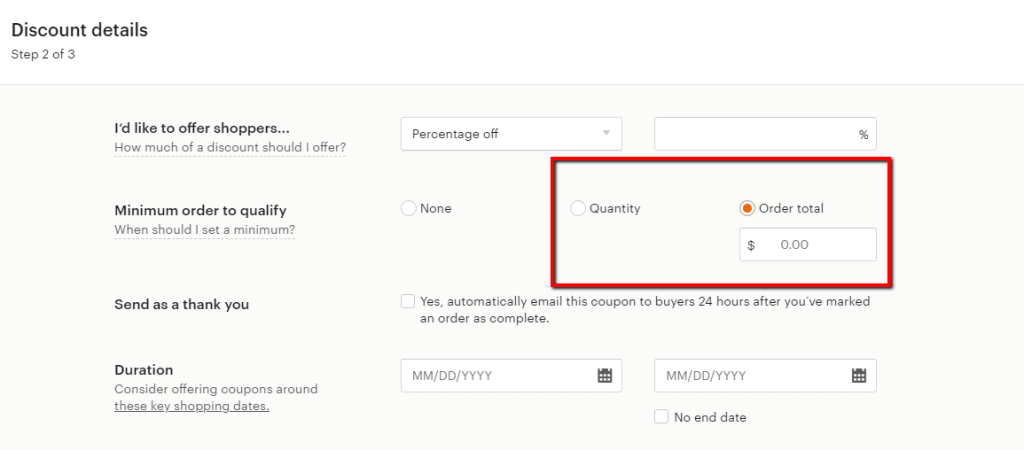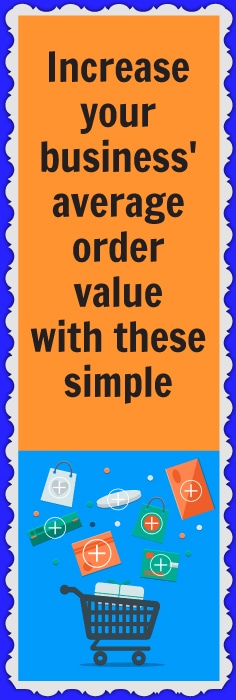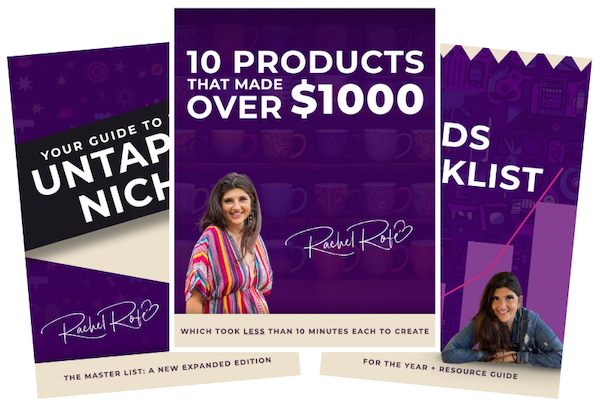When customers shop, they often have an idea of what they want to buy. They’re looking for a particular item in a particular niche, and once they find something that fits the bill, they go in and grab that item.
But what if you could entice customers to spend more money at your shop?
Instead of buying just one or two items, what if you could get them to buy three, four, five, or more items at a time, thus increasing your average order value?
Sometimes, customers just need to be presented with a great, interest-piquing offer and they’ll be willing to spend more money on a bigger-ticket item. And the payoff is you get a customer who might have normally only bought one item to spend significantly more.
There are several strategies you can try to increase your average order value. Below, I go over four techniques that are pretty easy to implement. They include…
- Selling product sets
- Creating bulk order listings
- Making product combinations in GearBubble
- And establishing a minimum order threshold for special offers like free shipping and coupons
Let’s take a look…
Sell product sets
Instead of offering one item at a time, you can create sets of products to sell. A product set isn’t necessarily the same thing as a bundle, however (which I’ll talk more about below).
A product set is two or more products that really go or belong together. And in some cases, it wouldn’t make sense to buy individual items from the set and not the whole thing. With product bundles, on the other hand, buying items individually is usually perfectly fine.
For example, something I did with my new Etsy store is I created sets of 7 mugs – one for each day of the week – that express love and appreciation for moms and dads. I thought these would make great gifts for Mother’s Day and Father’s Day.
Seven mugs that each say a different day of the week clearly belong together and I would think most people would want all seven. It wouldn’t really make sense to buy just the Monday mug on its own and not get the other six to complete the set.
For both the mom and dad versions of this days-of-the-week mug set, I made one set that included an image and a text-based design and another set that enables customers to customize the text.
For the customizable sets, I started customers off with “prompts” then let them fill in the blanks.
For example, one of the 7-day Mother’s Day mugs says…
[Insert day of the week – e.g. Monday]
MOM
I love you because
…Customers are then able to tell me what they want the rest of the text to say.
This is just one specific example of the type of product sets you could come up with. Other product set ideas include…
– Customizable product sets for each family member (e.g. a mom mug, a dad mug, a son mug, a daughter mug, etc.).
For example, you could have a mug that says, “[insert name] is the best mom ever!” and another that says, “[insert name] is the best dad ever!” and so on.
These items could be purchased individually, sure, and they’d still make sense. But you can advertise them as a set and work out a special price depending on the number of family members a customer wants the set to include.
– Customizable product sets for all of the family pets (e.g. a mug with the name and image of the family dog, a mug with the name and image of the family cat, a mug with the name and image of the family hamster, etc.).
You can do the same sort of thing here with products that say, “[insert dog, cat, hamster, etc. name] is the best pet ever!”
– Come up with a sentence or phrase (or give your customers the option to provide you with one) and add one word to each item.
For example, the sentence could be something like, “Family is the compass that guides you.” Then, you’d make the following product designs:
- Design 1: Family
- Design 2: is
- Design 3: the
- Design 4: compass
- Design 5: that
- Design 6: guides
- Design 7: you
You could do this with any sentence, really. But it’d probably work best for shorter, more impactful sentences that don’t repeat words.
– A set of products related to moods or emotions.
For example, you could create a set of mugs that say, “Today, I’m [insert emotion – e.g. pleased as punch, or pissed off].” Then, people could buy the whole set and choose the mug they want to use on a particular day based on their feelings.
Create bulk order listings
Another way to increase your store’s average order value is to create items that people can buy in bulk.
There are certain purposes and occasions for which customers may want to buy a bunch of products all at once. For example…
- Bridal party gifts (for bachelorettes, bridal showers, or as bridesmaid proposals or to say thank you)
- Family reunion merchandise (e.g. t-shirts or stickers)
- Client or customer thank you gifts
These types of products are also highly customizable, which is something many customers enjoy, especially on Etsy.
Customers can add their business’ name to a client thank you gift. They can add their family name along with the reunion location and date to a family reunion t-shirt. Or they can add the individual names of each bridal party member to a set of bachelorette party shot glasses or bracelets.
The ability to customize products that can be bought in bulk makes the products feel more special, and customers enjoy that.
There are tons of different design opportunities with these types of products as well. For instance, if you do a Google image search for the following search terms, here’s what you get:
Bachelorette coffee mugs
Bridesmaid proposal mugs
Family reunion t-shirts
I didn’t find a lot of images related to client or customer thank you gifts. But you could make an ultra-simple text-based design that says something like…
Thanks for your business!
– [Insert company name]
When you create items to sell in bulk, it’s good to provide some type of discount. You can do this by offering multiple variations per product listing. Or, you can give people a coupon code that’s good to use on orders of X number of products or more.
Make product combos in GearBubble
Product combos are essentially bundles. They bring together related products and sell them together at a slightly discounted rate. Product bundles typically include products that relate in some way.
For example, you might sell a variety of pit bull-related products in your store. In which case, you could take a coffee mug, shot glass, and blanket that all have the same pit bull-design and then bundle them together.
Anyone who owns or loves pit bulls would be interested in this bundle, as would anyone looking for a gift for someone they know who loves pit bulls.
To set up product combos in GearBubble, this is what you need to do:
- Go to LAUNCH CAMPAIGN
- Choose Combine from the drop-down menu
- Search for and select the products you want to include
- Click CREATE
- Click LAUNCH CAMPAIGN
And that’s it!
You can use GearBubble to make product combos for product sets (as I talked about above) or you can make different types of product bundles.
You can bundle products together that are the same type – for example, several different coffee mugs. Or you can bundle products together that feature similar (or the same design) – for example, a coffee mug, face mask, and canvas print, all of which include an image of a pit bull.
Establish a minimum order threshold for special offers
What I mean by this is in order for people to get a special offer, such as free shipping or a percentage or dollar amount off their order, they need to spend a certain amount of money.
For example, you could make it so customers can only get free shipping if they spend $50. Or, if they want to qualify for a 20% off coupon, they need to spend a minimum of $35. A lot of big retail stores do this sort of thing, and you can do it too.
In Etsy, if you create a coupon in the Sales and Coupons section under Marketing, you can set a minimum order to qualify. It can be either a quantity or an order total.
Establishing a minimum order to qualify for special offers is a great way to beef up your average order value. And as a way of enticing customers to meet the minimum order threshold, you can suggest additional, related items they can buy to supplement their orders.
In Etsy, you can make these suggestions right in your listings’ descriptions. You can say things like, “If you enjoyed this [product type], check out our selection of [another product type]: [link to that section in your store].”
For example, “If you enjoyed this ‘I love pit bulls’ coffee mug, check out this cozy pit bull blanket: etsy.com/pitbullblanket.”
That way, in case any customers may feel discouraged about needing to shop more to get your special offer, you provide guidance and links to make the shopping process easier.
For this type of strategy, it’s good to offer a selection of items at varying price points.
In addition to selling things like mugs, shot glasses, blankets, and canvases, you might also consider selling some printables.
Printables are low-cost items, typically priced in the $1-$5 range. Offering this type of “add-on” product is similar to the impulse-buy items you find at the grocery store (i.e. anything on the shelves of the checkout aisle – magazines, gum, etc.).
Most people won’t come to your store looking for printables. But if they end up being a few bucks shy of the minimum order threshold – and they don’t want to spend too much over the threshold – they can grab a printable with a design related to the other items they’re buying.
I hope you find these suggestions to increase your average order value useful! If you have any other tips, leave a comment below. And if you enjoyed this post, please share it with your friends and followers!

